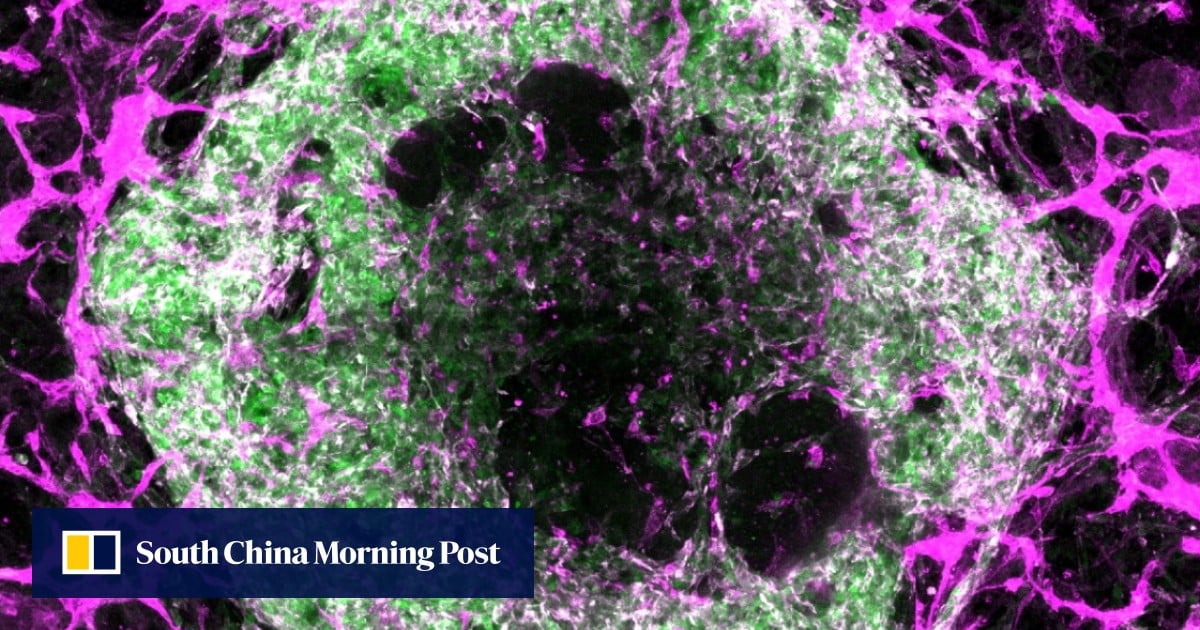Scientists at the University of North Texas in the United States report a breakthrough in building tiny, lab-grown replicas of human organs.
These replicas, called organoids, can mimic some functions and structures of real organs, but a key limitation in the past has been the lack of blood vessels.
The University of North Texas team, working with Stanford University in California, managed to grow mini hearts that have their own blood vessels.
Using the same strategy, the researchers also created vascularised mini-livers.
The study, published in the journal Science in June, suggests a path towards more realistic organ models for studying disease and testing clinical therapies.
This research could also one day help tackle barriers faced in generating full organs outside the body, said Giuseppe Pettinato, director of the stem cell and organoid research lab at Beth Israel Deaconess Medical Centre in Boston, who was not involved in the study.

